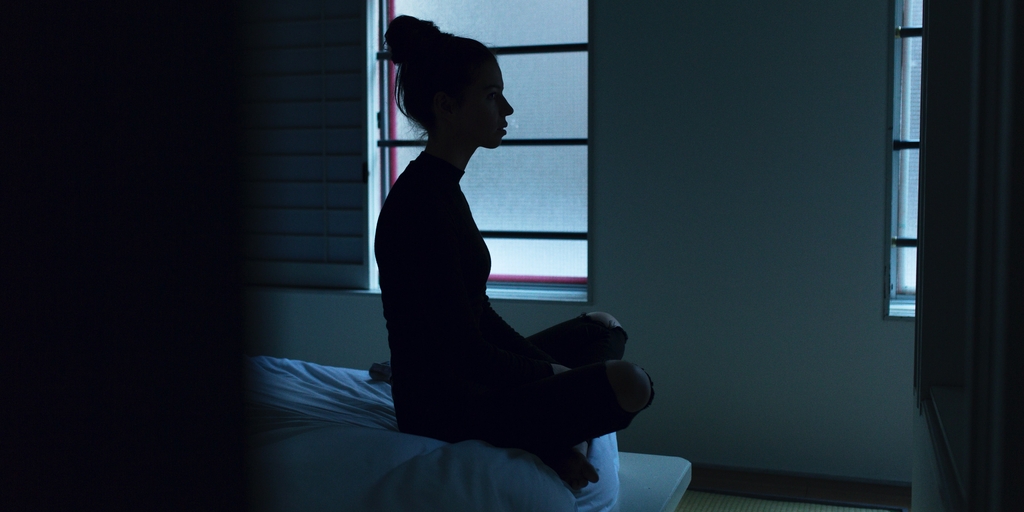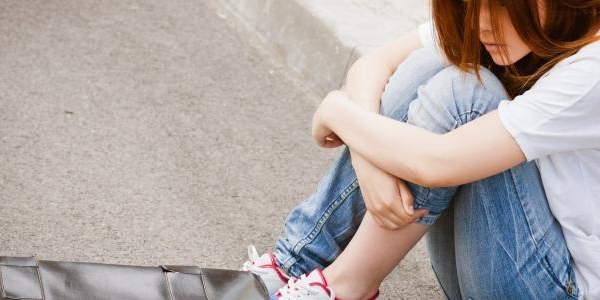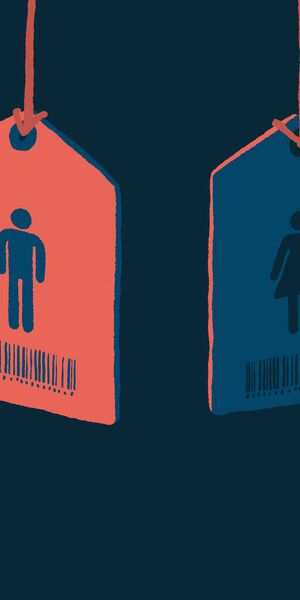Modern Slavery: where do we go from here?
Human Trafficking
Three years ago new legislation was passed across the UK to strengthen efforts to combat human trafficking and exploitation. This Anti-Slavery Day we take a look back at what has been achieved and what still needs to be done.
Strengthened offences but still low prosecution rates
The 2015 legislation in all parts of the UK brought together in one place the offences of human trafficking and forced labour that had been scattered through different laws. The new legislation increased the maximum possible sentence to life imprisonment emphasising the seriousness of the offence. In Northern Ireland a two year minimum sentence was also introduced. Unfortunately, the number of prosecutions against traffickers remains extremely low, fewer than 500 prosecutions a year compared with over 5000 people identified to the authorities as possible victims of trafficking, and more than 2000 crimes recorded by police.
Specialist assistance for children is still patchy
CARE campaigned particularly for the new legislation to include special “guardians” or “advocates” to be appointed for child victims of trafficking. Before the legislation, only Scotland had this sort of service in place but in future these services will be available across the whole of the country. CARE is however disappointed at the slow implementation of these provisions with Northern Ireland the only home nation to have brought the legislation into force and provide the service in full. In Scotland, England and Wales some services are available but without the full force of the law behind them. More concerning is that in England the provision is limited at the moment to only three local authorities with two more to be added in the spring of 2019. There is a long way still to go before the majority of trafficked children receive this much needed help.
More work needed to support victims towards recovery
One of the big gaps in the Modern Slavery Act was the absence of support measures for victims. The legislation in Northern Ireland and Scotland offers clear guarantees in law about the basic forms of assistance that someone should receive when they are identified as possibly being a victim of trafficking. The Minister did announce in October 2017 that the Government intends to use the power in the Modern Slavery Act to bring forward regulations setting out the basic support system, but so far these regulations have not yet been published. Since the various laws were passed in 2015 what has become clear is that many victims face homelessness and destitution at the end of the current period of support which makes them vulnerable to re-trafficking. The Scottish Government has chosen to increase the minimum period of support to 90 days and the Home Office has announced plans for an extra 45 days (making a minimum total of 90 days). However, the Work and Pensions Committee recommended last year that victims should receive a further 12 months support after UK authorities have confirmed that they are a victim. CARE is supporting Lord McColl’s Modern Slavery (Victim Support) Bill which has passed through the House of Lords and is currently in the House of Commons, which would both put into law the basic entitlement to support for possible victims who are going through the official process to assess their case and gives those confirmed as victims an additional 12 months assistance after that.
Prevention is the missing link
There is one other area that needs attention: prevention of trafficking. During her summer tour of Africa and on a recent visit to the UN the Prime Minister announced several initiatives aimed at reducing exploitation and trafficking in countries around the world. These are all really positive steps. But what is yet to be done in England, Wales and Scotland is to address some of the causes of trafficking in our own communities. Northern Ireland was the only part of the UK to put measures in its legislation to reduce the demand that underlies trafficking for sexual exploitation. A report from a group of MPs in May highlighted the extent of sexual exploitation taking place in brothels up and down the country often with an organised crime connection. It is the demand from a minority of men to buy sex that drives this exploitation. The Governments in Holyrood and Westminster must now follow Northern Ireland’s example and make it a criminal offence to pay for sexual services or this exploitation will continue unchecked.
No room for complacency
The Prime Minister has committed this country to leading the way in defeating modern slavery, but three years on from new legislation there is still much left to be done at home as well as abroad. We hope this Anti-Slavery Day that leaders in Scotland, Northern Ireland, England and Wales will commit themselves once more to action against this terrible crime and to help victims rebuild their lives.





Share story
Modern Slavery: where do we go from here?